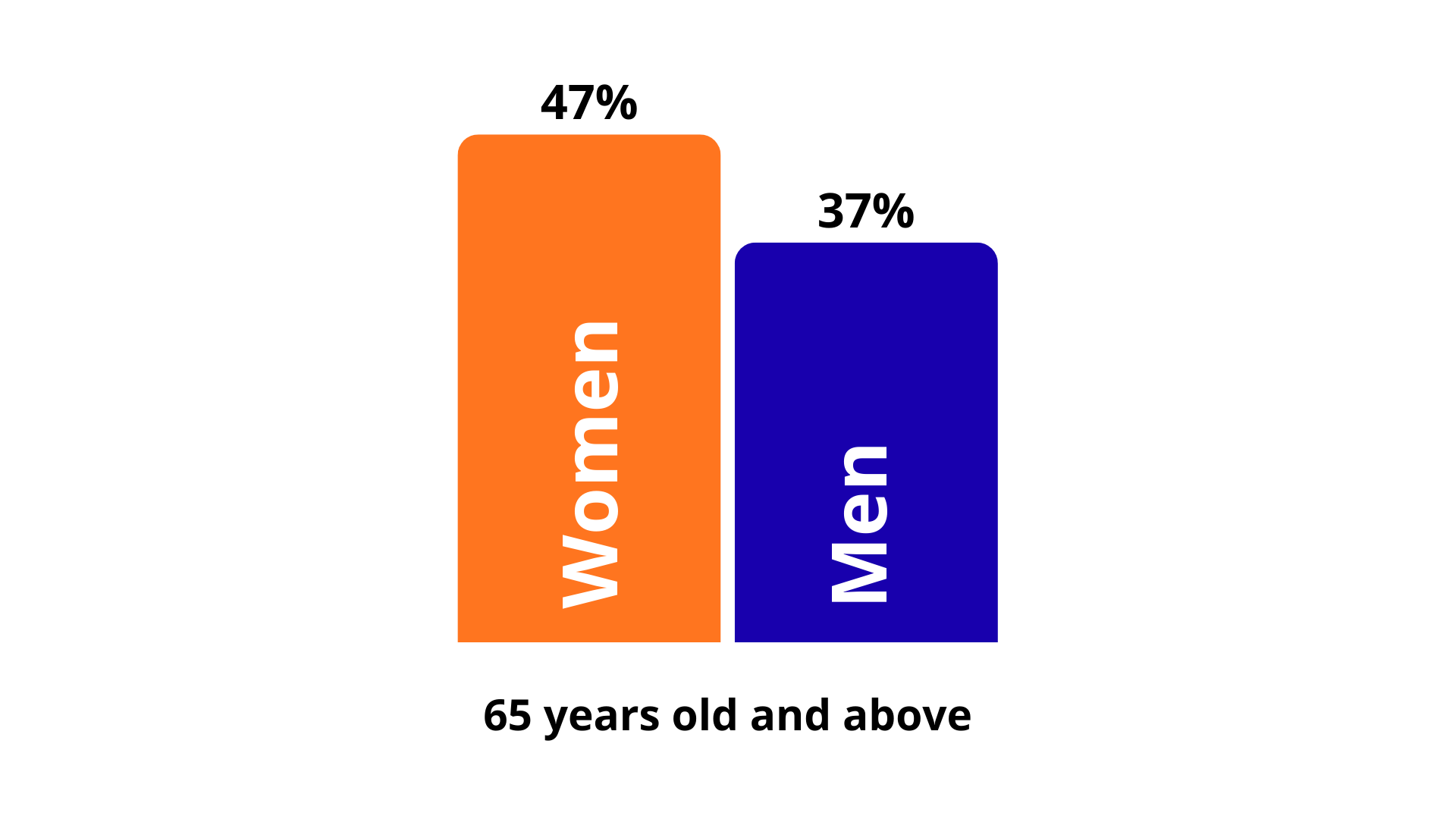What is deprescribing?
Deprescribing means reducing or stopping medications that may not be beneficial or may be causing harm. The goal of deprescribing is to maintain or improve quality of life.
Deprescribing involves patients, caregivers, healthcare providers and policy makers.
DEPRESCRIBING MUST ALWAYS BE DONE WITH THE HELP OF YOUR DOCTOR, NURSE OF PHARMACIST.
Why deprescribe?
Medications save lives: people suffering from chronic conditions such as diabetes, high blood pressure, high cholesterol, cancer, mental illness and chronic pain take medications to help control their symptoms and lead meaningful lives. However, for each medication, it is important to consider both the benefits and the potential risks.
Over time and with age, some medications can become unnecessary or even harmful. What helped improve health at one stage in life may not be of benefit now, and may even cause harm because of side effects and drug interactions. Potential medications harms include falls, memory problems, hospitalizations and death.
The body is always changing, as are our life circumstances. Our medications should reflect these changes. That’s why it’s important to make appointments at regular intervals with your health care provider specifically to review your medications. Why was the medication started? Is there a plan for monitoring potential side effects? When should you consider reducing or stopping the medication?
Learn tips to manage medications safely and start a conversation with your health care provider.
Medications as we age
As we get older, changes in the body make us more sensitive to medications:
The brain becomes more sensitive to drug effects
Medications stay longer in our body because we have less muscle and more body fat
Our liver and kidneys do not process medications as efficiently as when we were younger
Our body contains less water and medications can become more concentrated
Did you know?
71% of Canadian seniors are willing to stop a medication if their doctor says it is possible (Sirois et al. 2017).
Are some medications riskier than others?
Some medications are considered to be particularly risky—or potentially inappropriate—for people over 65. Inappropriate prescriptions are those where the risks outweigh the benefits, and safer alternative treatments with greater or equal efficacy for the same condition exist.
Risky medications are associated with higher incidence of medication-related harms such as memory problems, falls and fractures.
Which medications should be considered for deprescribing?
Below is a list of a few of the medications considered to be risky, especially for people over age 65. When appropriate, these drugs should be considered for deprescribing. Follow the links for more information about these medications, and safer alternatives:
Anti-inflammatory medications such as ibuprofen or naproxen (Non-steroidal anti-inflammatory drugs or NSAIDs)
Antipsychotic medication when used as a sleeping pill or for dementia behavioural and psychological symptoms (e.g. quetiapine/Seroquel®, risperidone/Risperdal®)
Long-acting type-2 diabetes medications (e.g. glyburide/DiaBeta®)
Medications for allergies and itchiness: first-generation antihistamines (e.g. diphenhydramine/Benadryl®)
Opioid medication for chronic pain (e.g. oxycodone/OxyNeo®, Percocet®)
Sleeping pills/anti-anxiety medication (e.g. alprazolam/Xanax®, zolpidem/Sublinox®)
Stomach pills for acid reflux: proton-pump inhibitors (e.g. pantoprazole/Pantoloc®)
Gabapentinoid medications for chronic pain, such as pregabalin (Lyrica®) or gabapentin (Neurontin®)
Risky medications are very costly:
1 Billion dollars is spent every year on potentially harmful prescription medications for Canadian seniors, not including the additional health care costs, such as hospitalizations, to treat harmful effects from these medications (Huon et al. 2024).
Seniors who fill risky prescriptions in Canada
(Source: CIHI 2022)
37% of men and 47% of women aged 65 years and older take at least one risky prescription medication.
PLEASE CONSULT YOUR DOCTOR, NURSE OR PHARMACIST BEFORE STOPPING OR CHANGING ANY MEDICATION.
Taking too many medications can also increase the risk of medication harms




